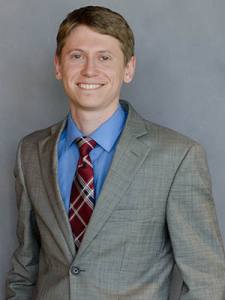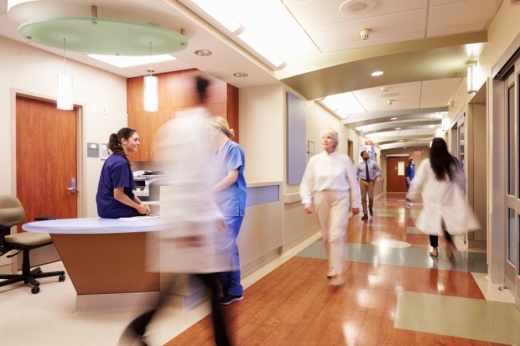Social-distancing measures imposed by state and local governments appear to have been effective so far in containing the spread of the virus, said Stephen Love, president and CEO of the Dallas-Fort Worth Hospital Council.
“Now as we gradually ease things up and remove restrictions, we’re going to have to be careful just to make sure that we don’t have a higher infection rate, so we’re going to have to monitor that,” Love said.
The council has been handling public inquiries for many of the area’s hospitals and coordinating with governments to promote social-distancing policy.
These efforts included an urgent March 22 letter the council sent to Gov. Greg Abbott’s office asking the state to implement a statewide shelter-in-place policy to prevent overcrowding of the hospitals. Abbott’s office initially declined to move toward such a policy, but on March 31 the governor adopted standards similar to those of other states with shelter-in-place rules.
Without such steps, some models at the time predicted a surge of coronavirus cases could follow with the potential to overwhelm the state’s hospital system, as had happened in other countries, Love said.
“After we put social distancing in place, and we’ve put stay-at-home [in place] and practiced good health habits, the models have shown tremendous improvement,” Love said.
In Collin County, hospitals have largely declined to provide details about the number of beds, ventilators and other resources needed to treat patients with COVID-19, the disease caused by the coronavirus.
Plano’s Medical City and Baylor Scott & White hospitals deferred to the council, while two spokespeople for the Texas Health system did not respond to a request for comment.
“Based on conversations with the hospitals, they feel they have adequate staffing and workforce,” Love said. “Even though they feel they have to be very judicious with [personal protective equipment], they’re working to keep as much PPE as possible and at the same time do what they need to do.”
In a first step toward a gradual reopening of the economy, Abbott on April 17 announced the state would soon lift some restrictions on nonemergency surgeries, reopen state parks and allow retail stores to provide curbside product pickups.
Abbott also named a task force of public health officials and business leaders who would help advise and oversee a phased reopening of various parts of the business community. The plan would involve an increase in the state’s COVID-19 testing capacity, Abbott said.
Love said these steps were potentially consistent with an effective policy to control the spread of the virus. He said it would be important for public officials to continue to listen to health experts to minimize the impact on the hospital system.
“Understandably, people want to get the economy back as soon as possible,” Love said. “I think if you do it gradually and you have the public health people involved, that’s certainly the correct approach. You don’t want to do it inappropriately.”





